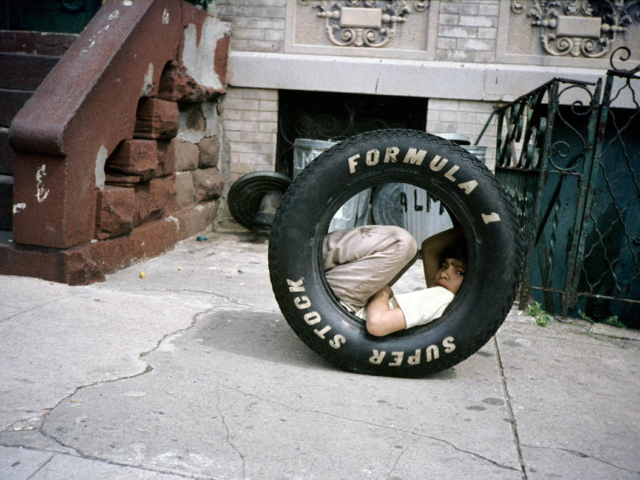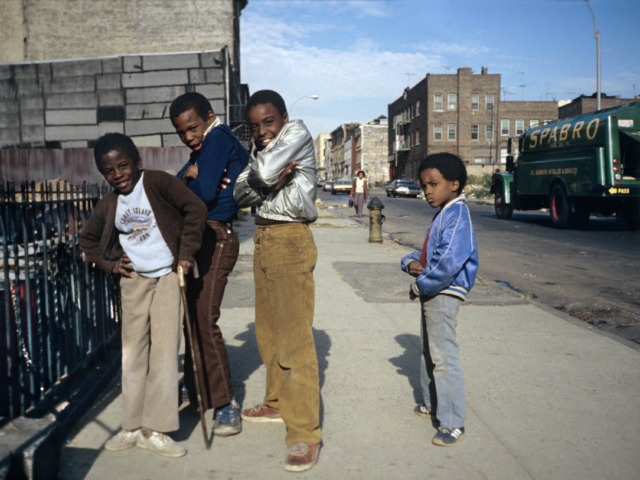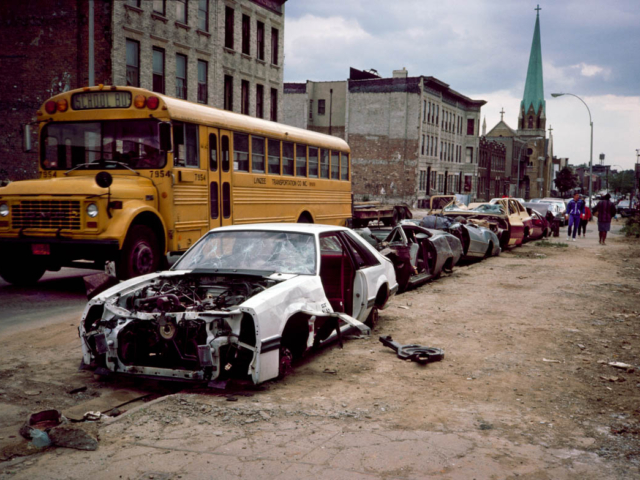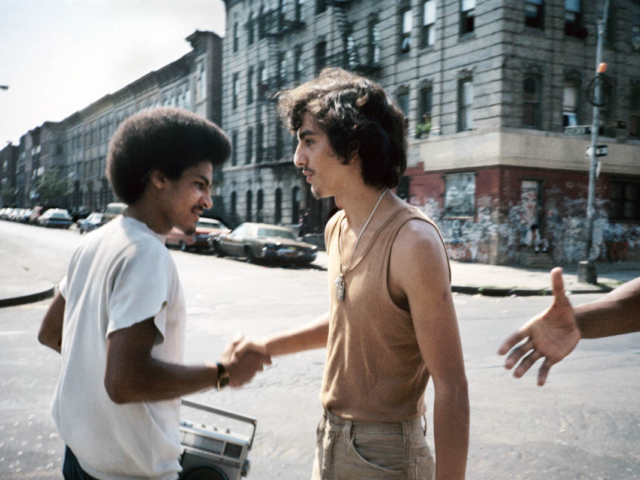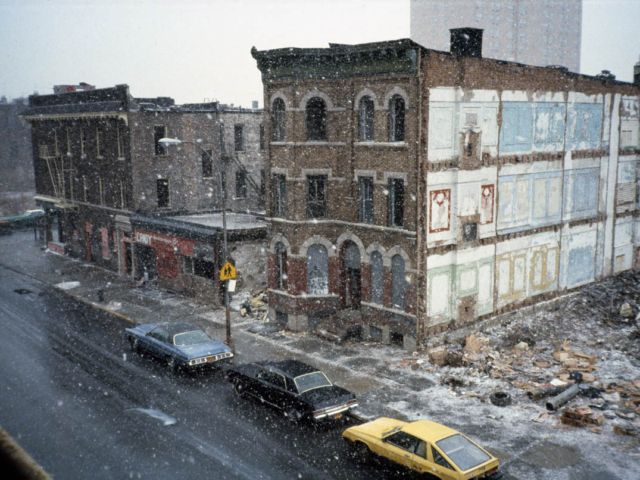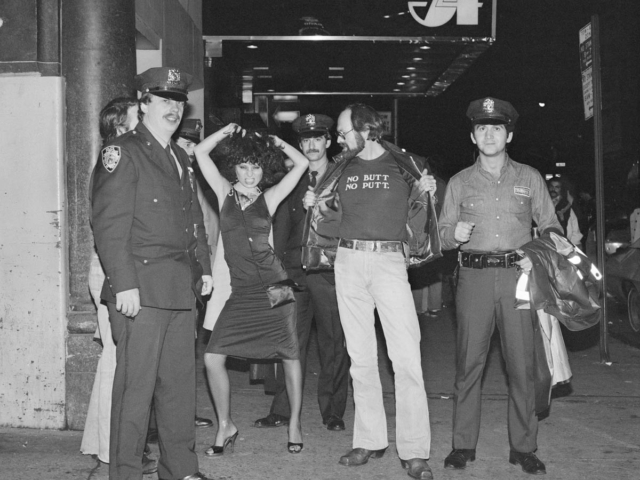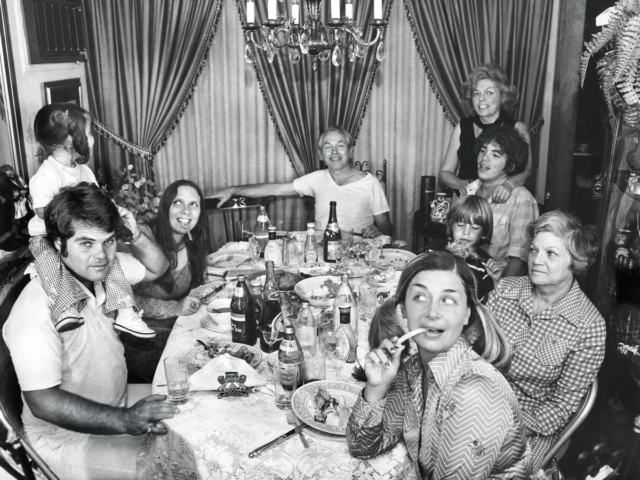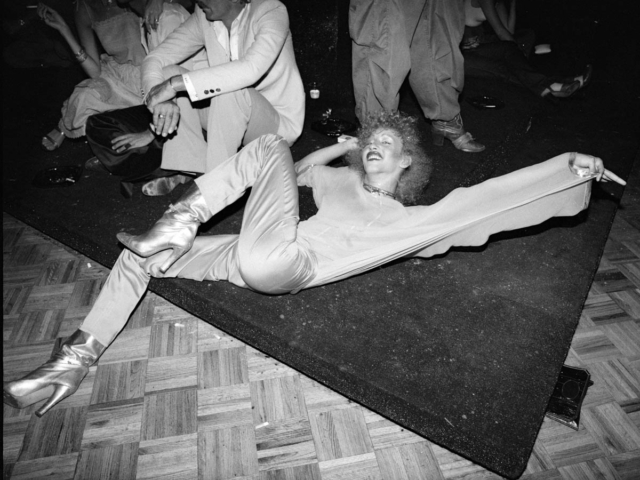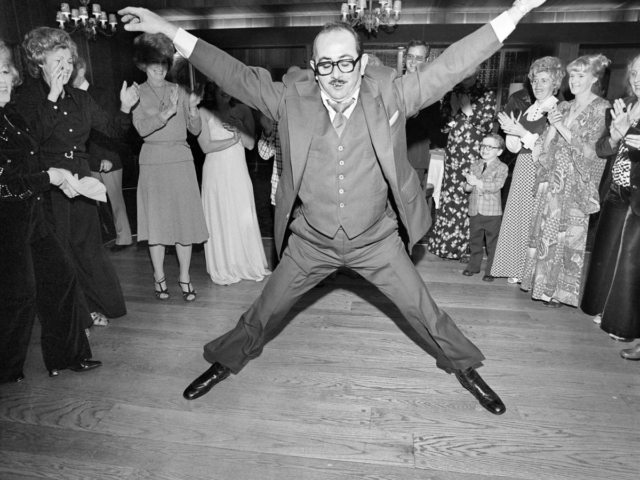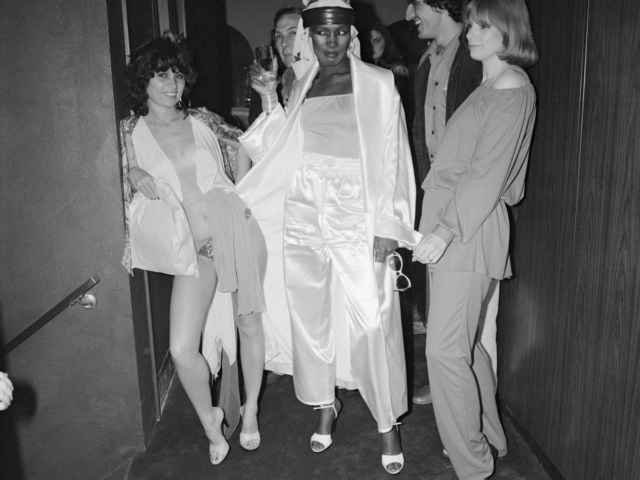Meryl Meisler
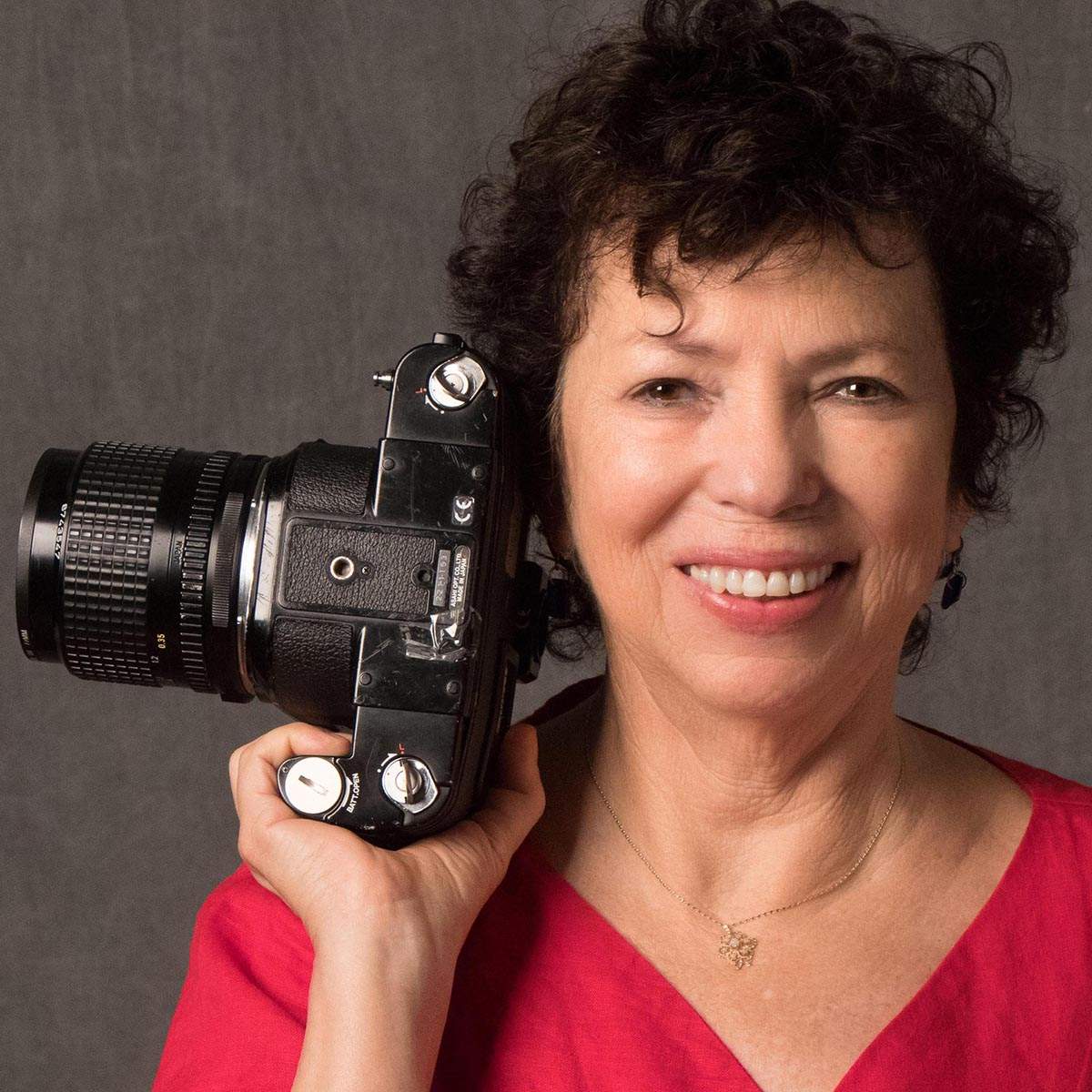
© Kevin Frest
About
Photo by Kevin Frest Meryl Meisler (merylmeisler.com) , inspired by Diane Arbus, enrolled in a photography class at The University of Wisconsin–Madison. She moved to NYC in 1975 and studied with Lisette Model while photographing her Long Island hometown and the city around her. After working as a freelance illustrator by day, Meryl frequented and photographed the infamous New York Discos. As a 1978 CETA Artist grant recipient, Meryl created a portfolio of photographs exploring her Jewish Identity for the American Jewish Congress. After CETA, Meryl began a 31-year career as an NYC Public School Art Teacher. Upon retiring from teaching, she began releasing large bodies of previously unseen work in exhibits and books. Her monographs A Tale of Two Cities: Disco Era Bushwick (BIZARRE), Purgatory & Paradise SASSY ’70s Suburbia &; The City (BIZARRE), and New York PARADISE LOST Bushwick Era Disco (Parallel Pictures Press) received international praise. A book of her street photography from 1973 to 2022 (Eyeshot) is forthcoming. Meryl is an honoree of the 2021 Center for Photography at Woodstock Affinity Award. Time Magazine includes her on their list of the greatest unsung female photographers of the past century. Meryl continues to dig through her archive while continuing her visual memoir. The best is yet to be revealed. ClampArt represents her work.
Gallery
LACP Interviews Meryl Meisler
LACP asks Meryl Meisler ten questions about their background, career in and beliefs about photography.
LACP: What kind of photographer are you?
Meryl Meisler: In retrospect, I have come to realize that for me, photography is a form of visual memoir. I photograph the people, places, things, and things that call my attention and usually lift my spirits. My work traverses documentary, performative and street photography.
LACP: How long have you been shooting?
MM: In 1958, my parents gave me a 620-roll film camera “The Adventurer” for my birthday. I started photographing family, friends on the block, school and trips. Since 1973, I began shooting steadily. Those subjects continue to interest me.
LACP: Where did you get your training?
MM: I took my first photography classes 1973 while enrolled in an MA program at the University of Wisconsin-Madison. Cavalliere Ketchum was the one and only photography professor at UWM. I wasn’t a photography major but took his class every semester. Upon graduation, I moved to NYC to study with Lisette Model. I’ve taken many courses and workshops over the decades, but Ketchum and Model were my major influences.
LACP: When did you know you wanted to devote your life to photography?
MM: Devoting my life to photography is not an accurate description. In the printed holder for my fourth-grade class photo, there was a space to write the name of the class artist. I wrote: Meryl. I knew my secret desire. When I took my first photography class, I became hooked on the medium of photography as one of my tools of self-expression.
LACP: Did you ever come close to giving up?
MM: In the late ’80s, I wondered what I would do with all the photos I was taking and decided to “slow down” and began to hand paint on the ones I already had. Then, in November 2022, all my favorite film cameras broke down. My favorite lens jammed. Dozens of rolls of film came out blank. For four months, I felt “jinxed.” I’ve slowed down and paused, changed directions, but never considered giving up.
LACP: Have you sacrificed anything by being a photographer?
MM: I am conscious that being “behind a camera” can deter me from being fully present in interpersonal relationships and important occasions. Focusing on photography takes away time pursing other interests and talents.
LACP: What have you gained by being a photographer?
MM: Being a photographer, I have gained a sense of purpose and the importance of being open-minded to familiar and previously unknown. It reinforces my sense of personal perception and meaning through experiences, places, people, meetings, and emotions. I am here for a reason.
LACP: What classes do you teach at LACP?
MM: This will be my first class at LACP. Previously, I judged the 2022 “Street Photography Around the World” and gave a presentation during the Street Photography Festival.
LACP: What do you love most about teaching?
MM: The best part of teaching is running into your students years later and learning that they are doing what they love to do and that by working together, you helped one another find your voice and path.
LACP: What advice would you give someone who is thinking about making a career in photography?
MM: Some people are shooting stars, but most of us are not. There is room for you at the table. You have a right to follow your passion. Find a supportive community- people who care for and share ideas and opportunities. If you are feeling stuck, take a course or workshop. Make archival prints of your work, and sign and date them. Before you know it, they will be valuable vintage prints. Photographs don’t get outdated; they age with elegance and importance. Don’t give up.
